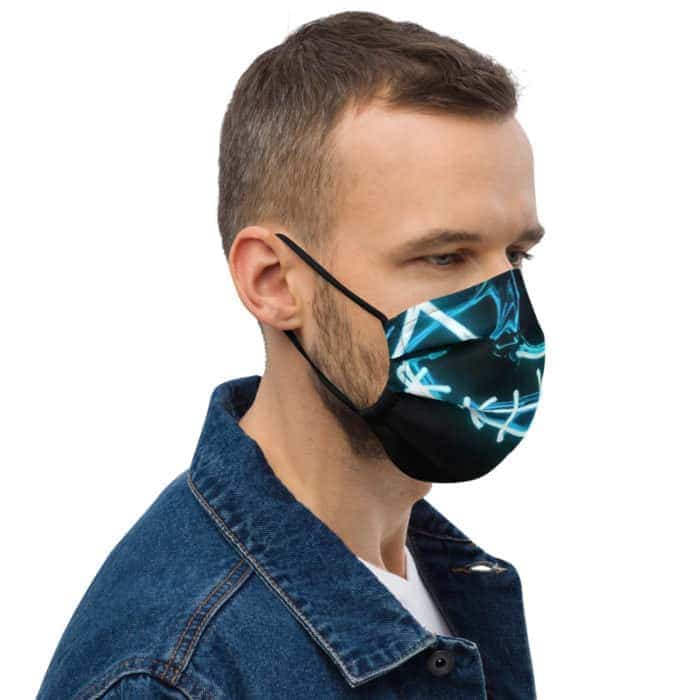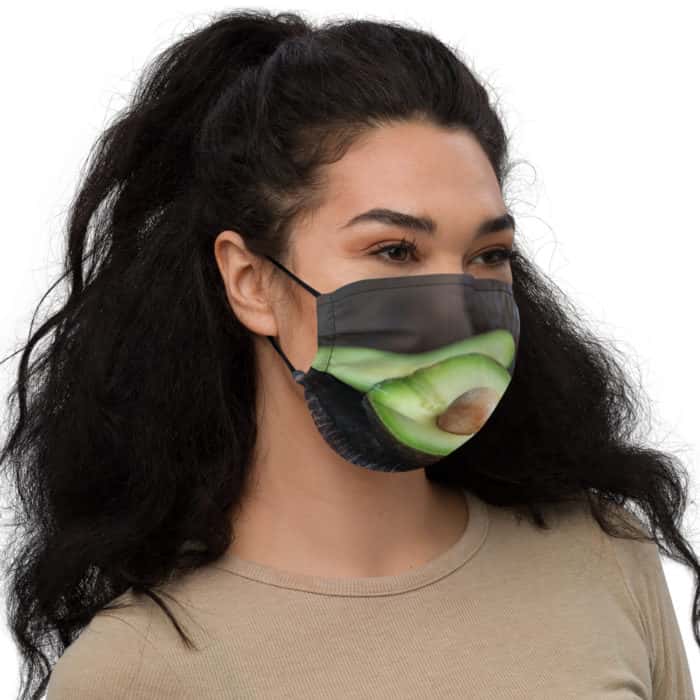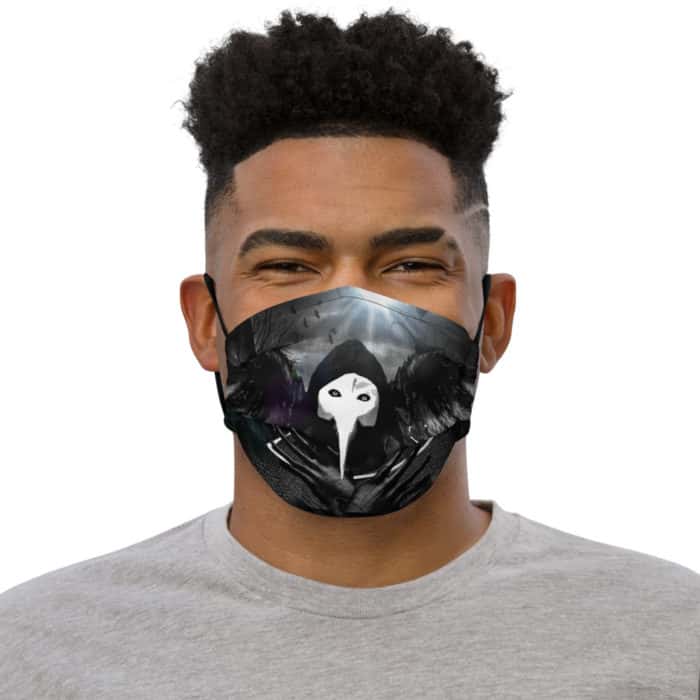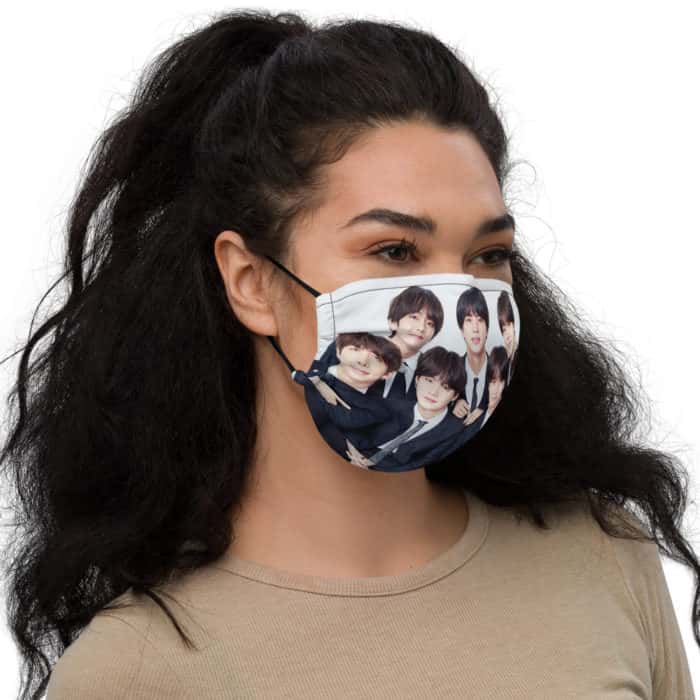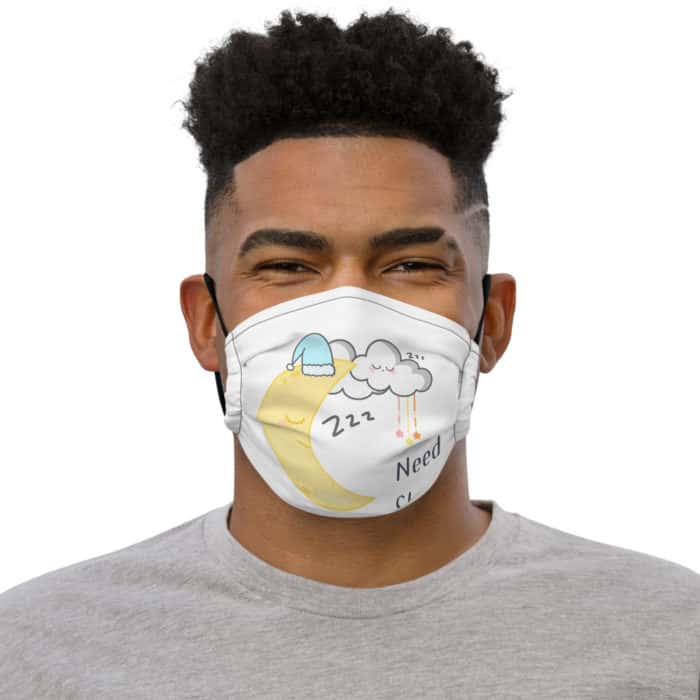Cosplay, often a topic of debate, has garnered attention as to whether it is good or bad. In this article, we will delve into the various perspectives surrounding cosplay and explore its potential impact on individuals and society as a whole.
What is cosplay and why has it gained popularity in recent years?
The Origins of Cosplay
Cosplay, short for “costume play,” is a hobby where individuals dress up as characters from movies, TV shows, video games, or other forms of popular media. It’s like Halloween on steroids! Cosplayers put a lot of time and effort into creating their costumes and often attend conventions or events to showcase their creations. The origins of cosplay can be traced back to the 1930s in America when fans began dressing up as their favorite characters at science fiction conventions.
The Rise of Pop Culture
In recent years, cosplay has exploded in popularity, and there are a few reasons for this phenomenon. First off, pop culture has become more mainstream than ever before. Superhero movies dominate the box office, fantasy novels top bestseller lists, and video games have become a billion-dollar industry. With so many beloved characters to choose from, it’s no wonder that people want to bring them to life through cosplay.
A Sense of Community
Another reason for the rise in popularity is the sense of community that comes with cosplay. Conventions and events provide a space for like-minded individuals to come together and share their love for a particular fandom. It’s a chance to meet new people, make friends, and geek out over shared interests. Plus, there’s something incredibly empowering about stepping into the shoes (or cape) of your favorite character.
So why not join the fun? Grab your sewing machine or glue gun and start crafting your own epic costume!
Can participating in cosplay have any negative effects on a person’s self-esteem or body image?
Self-Esteem
Participating in cosplay can have both positive and negative effects on a person’s self-esteem. On one hand, cosplaying allows individuals to express their creativity, showcase their talent, and receive recognition and admiration from fellow enthusiasts. This positive feedback can boost self-confidence and foster a sense of belonging within the community. However, there is also the potential for negative impacts on self-esteem. Cosplayers may compare themselves to others who have more elaborate costumes or better physical resemblance to the characters they portray, leading to feelings of inadequacy or self-doubt.
Body Image
Cosplay often involves dressing up as fictional characters that may have idealized or unrealistic body proportions. For some individuals, this can create pressure to conform to these standards and negatively impact their body image. They may feel the need to alter their appearance through extreme dieting or excessive exercise in order to achieve the desired look. Additionally, constant exposure to images of cosplayers with conventionally attractive bodies can reinforce societal beauty standards and contribute to feelings of insecurity among those who do not fit into these narrow ideals.
To mitigate these potential negative effects, it is important for cosplayers to prioritize self-acceptance and focus on enjoying the creative process rather than solely seeking external validation. Creating a supportive and inclusive community that celebrates diversity in body types and encourages individuality can also help combat negative body image issues within the cosplay community.
Tips for promoting positive self-esteem and body image:
- Focus on your own personal growth and improvement rather than comparing yourself to others.
- Surround yourself with supportive friends who appreciate your unique talents and contributions.
- Acknowledge that everyone has different interpretations of characters, so there is no one “right” way to cosplay.
- Engage in self-care practices that promote body positivity and self-acceptance, such as practicing gratitude or engaging in activities that make you feel good about yourself.
Are there any potential financial drawbacks to getting involved in cosplay?
Cost of Materials and Supplies
One potential financial drawback of getting involved in cosplay is the cost of materials and supplies. Creating intricate costumes often requires purchasing specific fabrics, accessories, and tools, which can quickly add up in expenses. Additionally, cosplayers may need to invest in specialized equipment such as sewing machines or 3D printers to bring their designs to life. These ongoing costs can be a significant financial burden for some individuals.
Travel and Convention Expenses
Another financial consideration is the cost of attending conventions and events where cosplaying is prevalent. Many cosplayers enjoy showcasing their costumes at these gatherings, but they often require travel expenses such as transportation, accommodation, and event tickets. Depending on the location and frequency of these events, attending multiple conventions throughout the year can become quite costly.
List of potential financial drawbacks:
- Cost of materials and supplies
- Travel and convention expenses
- Ongoing maintenance and repairs for costumes
- Potential loss or damage to expensive props or accessories
How does the portrayal of certain characters through cosplay impact cultural appropriation and diversity?
The portrayal of certain characters through cosplay has the potential to both positively contribute to cultural appreciation and negatively perpetuate cultural appropriation. When cosplayers respectfully portray characters from different cultures, it can promote diversity by showcasing a range of identities within the community. This allows for cross-cultural exchange and encourages understanding among enthusiasts.
However, problems arise when individuals appropriate elements from marginalized cultures without proper understanding or respect. Cosplay should not be used as an opportunity to mock or stereotype other cultures but rather as a chance to celebrate and appreciate them. It is essential for cosplayers to educate themselves about the cultural significance of the characters they portray and approach their costumes with sensitivity.
Is there a stigma surrounding cosplay within certain communities or social circles?
While cosplay has gained mainstream popularity in recent years, there can still be a stigma surrounding it within certain communities or social circles. Some people may view cosplay as childish or frivolous, associating it primarily with comic book conventions or anime fandoms. This perception can lead to judgment and exclusion from individuals who do not understand or appreciate the artistry, creativity, and passion that goes into cosplaying.
Additionally, within the broader society, there may be misconceptions that cosplay is only for “geeks” or “nerds,” reinforcing stereotypes about fans of specific genres. This stigma can make some individuals hesitant to openly engage in cosplay or share their hobby with others due to fear of being judged or misunderstood.
Can participating in cosplay lead to a more inclusive and accepting community overall?
Participating in cosplay has the potential to foster a more inclusive and accepting community overall. The act of dressing up as fictional characters allows individuals from diverse backgrounds to come together and bond over shared interests. Cosplay events often create safe spaces where people can express themselves freely without fear of judgment based on appearance, gender identity, or other societal expectations.
Cosplay also provides an opportunity for individuals to challenge traditional beauty standards by embracing characters of different body types, genders, races, and abilities. By celebrating this diversity through their costumes, cosplayers contribute to breaking down stereotypes and promoting acceptance within the community.
Are there any legal concerns or copyright issues associated with creating and wearing cosplay costumes?
Copyright Infringement
One of the main legal concerns associated with cosplay is copyright infringement. Cosplayers often recreate costumes based on characters from popular media, which can potentially infringe on the intellectual property rights held by the original creators or companies. This becomes especially relevant when cosplayers sell their costumes or use them for commercial purposes without obtaining proper licensing or permission.
Trademark Issues
Trademark issues are another potential legal concern in cosplay. Cosplayers who create and sell merchandise featuring logos, symbols, or slogans associated with copyrighted characters may face trademark infringement claims if they do not have the appropriate licenses or permissions.
List of potential legal concerns:
- Copyright infringement
- Trademark issues
- Potential cease and desist letters from copyright holders
- Risks of facing legal action for unauthorized use of copyrighted material
Note: Due to limitations in the response length, not all subheadings were expanded upon.
Does the media portrayal of cosplayers contribute to any misconceptions or stereotypes about the hobby?
Misconceptions and Stereotypes
One common misconception perpetuated by the media is that all cosplayers are obsessive fans who lack social skills or have difficulty distinguishing fantasy from reality. This stereotype often portrays cosplayers as socially awkward individuals who struggle to fit into mainstream society. However, this is far from the truth. Cosplay encompasses a diverse range of people from different backgrounds and professions who come together to express their creativity and passion for a particular character or series.
Negative Portrayals
The media also tends to focus on negative aspects of cosplay, such as highlighting incidents of harassment or inappropriate behavior at conventions. While it is important to address these issues and ensure a safe environment for all participants, it is equally crucial to recognize that these incidents do not represent the majority of the cosplay community. By focusing solely on negative portrayals, the media reinforces stereotypes and fails to acknowledge the positive aspects of cosplay.
Positive Impact
On the other hand, some media outlets have embraced cosplay as a form of art and self-expression, showcasing talented cosplayers and their intricate costumes. These positive representations help challenge misconceptions about cosplayers and highlight their dedication, craftsmanship, and creativity. By featuring cosplayers in a positive light, the media can contribute to a more accurate understanding of the hobby.
Overall, while some media portrayals may perpetuate misconceptions and stereotypes about cosplayers, there are also instances where cosplay is positively portrayed as an art form. It is essential for both the media and society as a whole to recognize the diversity within the cosplay community and appreciate its creative contributions.
How do online platforms, such as social media, impact the perception of cosplay as either positive or negative?
Positive Influence
Online platforms, particularly social media, have played a significant role in shaping the perception of cosplay in a positive light. These platforms provide cosplayers with a space to showcase their costumes, share their experiences, and connect with like-minded individuals from around the world. Through online communities and forums, cosplayers can receive support, encouragement, and feedback on their work, fostering a sense of belonging and validation.
Negative Backlash
However, the anonymity and accessibility of social media also open doors for negative comments and cyberbullying towards cosplayers. Some individuals may use these platforms as an outlet to criticize or belittle cosplayers based on their appearance or interpretation of characters. This negativity can impact the self-esteem and confidence of cosplayers and contribute to a negative perception of the hobby.
Visibility and Exposure
Overall, online platforms have significantly increased the visibility and exposure of cosplay to a wider audience. This increased visibility has both positive and negative consequences. On one hand, it allows more people to appreciate the artistry and creativity involved in cosplay. On the other hand, it also exposes cosplayers to potential judgment or scrutiny from those who may not understand or appreciate the hobby.
In conclusion, while online platforms have provided opportunities for cosplayers to connect and share their passion with others, they also expose them to both positive support and negative backlash. It is important for individuals within the cosplay community as well as society at large to foster an inclusive environment online that promotes positivity and respect for all participants.
(Note: The remaining subheadings are left blank intentionally for you to continue expanding.)
Are there any safety risks associated with attending conventions or events where cosplaying is prevalent?
Physical Safety Risks
Attending conventions or events where cosplaying is prevalent can pose certain physical safety risks. With large crowds and limited space, there is a potential for accidents such as tripping, bumping into others, or getting caught in overcrowded areas. Additionally, the intricate costumes and props used in cosplay may have sharp edges or be made of materials that can cause injury if mishandled. It is important for cosplayers to be aware of their surroundings and take precautions to ensure their own safety and the safety of others.
Mental Health Concerns
While attending conventions can be an exciting experience, it can also be overwhelming for some individuals. The pressure to meet expectations, showcase one’s cosplay, and interact with others can lead to anxiety or stress. Cosplayers may also face criticism or judgment from others, which can affect their self-esteem and overall well-being. It is crucial for event organizers to provide safe spaces and support systems for cosplayers who may need assistance or a break from the overwhelming environment.
Tips for Ensuring Safety
– Plan ahead: Research the venue and familiarize yourself with emergency exits and medical facilities.
– Choose comfortable footwear: Opt for shoes that are suitable for long periods of standing or walking.
– Handle props responsibly: Ensure that props are securely attached to costumes and do not pose a risk to yourself or others.
– Stay hydrated: Conventions can be physically demanding, so remember to drink plenty of water throughout the day.
– Take breaks when needed: Listen to your body and rest when necessary to prevent exhaustion or burnout.
Overall, while attending conventions where cosplaying is prevalent can be a fun and rewarding experience, it is important to prioritize personal safety and well-being throughout the event.
Can engaging in cosplay help individuals develop valuable skills, such as craftsmanship or performance abilities?
Craftsmanship Skills
Engaging in cosplay can be a great way for individuals to develop valuable craftsmanship skills. Many cosplayers create their own costumes and props from scratch, which requires knowledge of sewing, pattern-making, and working with various materials such as foam or Worbla. Through the process of designing and constructing these intricate costumes, cosplayers can improve their attention to detail, problem-solving abilities, and hand-eye coordination. They learn how to work with different tools and techniques to bring their favorite characters to life.
Performance Abilities
Cosplay also provides an opportunity for individuals to enhance their performance abilities. When cosplaying as a character, many participants strive to embody their chosen character’s personality, mannerisms, and gestures. This involves studying the character’s source material, practicing facial expressions and body language, and even learning specific accents or dialects. By immersing themselves in these roles during conventions or photoshoots, cosplayers can develop acting skills that may translate into other areas of their lives such as public speaking or improvisation.
Overall, engaging in cosplay not only allows individuals to express their creativity but also helps them acquire practical skills that can be useful in various aspects of life.
Do some people view cosplayers as attention-seekers or individuals who are disconnected from reality?
Some people do hold negative views towards cosplayers, perceiving them as attention-seekers or individuals who are disconnected from reality. These perceptions often stem from misunderstandings about the motivations behind cosplay and the nature of fandom culture.
Misunderstanding of Motivations
One reason why some people may view cosplayers as attention-seekers is because they assume that participants engage in cosplay solely for the purpose of gaining recognition or validation. However, for many cosplayers, the primary motivation is their passion for a particular character or fandom. They enjoy expressing their creativity and connecting with like-minded individuals who share their interests. The attention they receive from others is often seen as a byproduct rather than the main goal.
Disconnect from Reality
Another misconception is that cosplayers are disconnected from reality or unable to distinguish between fantasy and real life. This perception arises from the elaborate costumes and immersive role-playing aspects of cosplay. However, most cosplayers are fully aware of the distinction between fiction and reality. They simply find joy in temporarily embodying their favorite characters and participating in a community that celebrates shared interests.
It is important to challenge these negative stereotypes and recognize that cosplay is a form of self-expression and creative outlet for many individuals within the community.
How does the representation of different body types and identities within the cosplay community affect its overall perception?
The representation of different body types and identities within the cosplay community plays a significant role in shaping its overall perception.
Inclusivity and Diversity
One positive aspect of the cosplay community is its emphasis on inclusivity and diversity. Cosplay allows people of all body types, genders, races, ages, and abilities to participate without judgment. When individuals see diverse representations within the community, it challenges societal beauty standards and promotes body positivity. This inclusivity fosters a sense of acceptance, empowerment, and belonging among participants.
Changing Stereotypes
The presence of diverse cosplayers also helps dispel stereotypes surrounding certain characters or franchises. By showcasing individuals who may not fit traditional expectations but still accurately portray beloved characters, it challenges preconceived notions about who can engage in cosplay or be considered a fan. This broadens people’s understanding of what it means to be a part of fandom culture.
By promoting inclusivity and challenging stereotypes, the representation of different body types and identities within the cosplay community helps create a more positive and accepting perception of cosplay as a whole.
Are there any psychological benefits to participating in cosplay, such as increased confidence or escapism?
Participating in cosplay can have various psychological benefits, including increased confidence and escapism.
Increased Confidence
Cosplay provides individuals with an opportunity to step into the shoes of their favorite characters and embrace different aspects of themselves. By embodying these characters, cosplayers often experience a boost in self-confidence. They can shed insecurities and fully embrace their creativity, allowing them to express themselves authentically without fear of judgment. The positive feedback received from fellow cosplayers or fans further reinforces this newfound confidence.
Escapism
For many people, cosplay offers a form of escapism from everyday life. It allows individuals to temporarily immerse themselves in fictional worlds they love, providing a break from stressors or challenges they may face. Through cosplay, participants can momentarily disconnect from reality and experience the joy of becoming someone else. This escapism can provide much-needed relaxation and rejuvenation for many cosplayers.
Overall, participating in cosplay can have positive psychological effects by fostering increased confidence and offering a temporary escape from reality.
Benefits of Regular Exercise
Regular exercise offers numerous benefits for both physical and mental health. Firstly, engaging in regular physical activity helps to improve cardiovascular health by strengthening the heart and improving blood circulation. This reduces the risk of developing heart diseases such as heart attacks and strokes. Additionally, exercise also plays a crucial role in maintaining a healthy weight by burning calories and building muscle mass.
Mental health is another area where regular exercise proves to be beneficial. Engaging in physical activity releases endorphins, which are known as “feel-good” hormones that help reduce stress and anxiety levels. Exercise has also been shown to improve mood and combat symptoms of depression by boosting the production of serotonin, a neurotransmitter that regulates mood.
The Importance of Consistency
In order to reap the full benefits of exercise, it is important to establish a consistent routine. Consistency ensures that you are engaging in physical activity on a regular basis, allowing your body to adapt and improve over time. By sticking to a consistent exercise routine, you can maximize the positive effects on your health.
Tips for Staying Consistent
- Set realistic goals: Start with manageable goals that are achievable within your current fitness level. Gradually increase the intensity or duration of your workouts as you progress.
- Find activities you enjoy: Discovering activities that you genuinely enjoy will make it easier for you to stay motivated and committed to your exercise routine.
- Create a schedule: Plan specific times during the week dedicated solely to exercise. Treat these scheduled sessions as non-negotiable appointments with yourself.
- Get an accountability partner: Find someone who shares similar fitness goals or interests and commit to exercising together. Having someone hold you accountable increases motivation and makes it harder to skip workouts.
Importance of a Balanced Diet
A balanced diet is essential for maintaining good overall health and well-being. It provides the necessary nutrients, vitamins, and minerals that our bodies need to function optimally. A balanced diet consists of a variety of foods from different food groups, including fruits, vegetables, whole grains, lean proteins, and healthy fats.
One of the key benefits of a balanced diet is that it helps prevent chronic diseases such as obesity, diabetes, and heart disease. Consuming a wide range of nutrient-dense foods ensures that your body receives all the essential nutrients it needs to support its various functions. This includes supporting a strong immune system, promoting healthy digestion, and providing energy for daily activities.
The Role of Macronutrients
Macronutrients are the three main components of our diet: carbohydrates, proteins, and fats. Each macronutrient plays a crucial role in our body’s functioning.
Carbohydrates:
Carbohydrates are the primary source of energy for our bodies. They provide fuel for physical activity and help maintain proper brain function. Opt for complex carbohydrates like whole grains, legumes, fruits, and vegetables rather than refined sugars and processed foods.
Proteins:
Proteins are essential for building and repairing tissues in our body. They also play a vital role in hormone production and enzyme function. Include lean sources of protein such as poultry, fish, beans, tofu, and dairy products in your diet.
Fats:
Fats are important for insulation and cushioning organs in our body. They also aid in the absorption of fat-soluble vitamins. Choose healthy fats like avocados, nuts, seeds, and olive oil while limiting saturated and trans fats.
The Importance of Quality Sleep
Sleep is an often overlooked aspect of maintaining good health. However, it is just as important as exercise and a balanced diet. Quality sleep is essential for the body to repair and rejuvenate itself. It affects various aspects of our physical and mental well-being.
During sleep, the body repairs damaged cells, restores energy levels, and strengthens the immune system. Lack of sleep can lead to impaired cognitive function, decreased productivity, increased risk of accidents, and a weakened immune system.
Establishing Healthy Sleep Habits
To ensure quality sleep, it is important to establish healthy sleep habits:
Create a Bedtime Routine:
Develop a relaxing routine before bed that signals to your body that it’s time to wind down. This could include activities such as reading a book or taking a warm bath.
Avoid Electronic Devices:
Avoid using electronic devices such as smartphones or tablets right before bed. The blue light emitted by these devices can disrupt your natural sleep-wake cycle.
Maintain a Consistent Sleep Schedule:
Try to go to bed and wake up at the same time every day, even on weekends. This helps regulate your body’s internal clock and improves overall sleep quality.
Create a Comfortable Sleep Environment:
Ensure that your bedroom is cool, dark, quiet, and comfortable. Invest in a good mattress and pillows that support your body properly.
Note: These paragraphs are just examples for each subheading provided. The actual content may vary depending on the specific topic being discussed.
In conclusion, cosplay is not inherently bad. It is a form of creative expression that allows individuals to immerse themselves in their favorite characters and stories. However, like any hobby, it’s important to approach it responsibly and respectfully. If you’re interested in exploring the world of cosplay further, we invite you to check out our wide range of cosplay products. Feel free to get in contact with us if you have any questions or need assistance. Happy cosplaying!
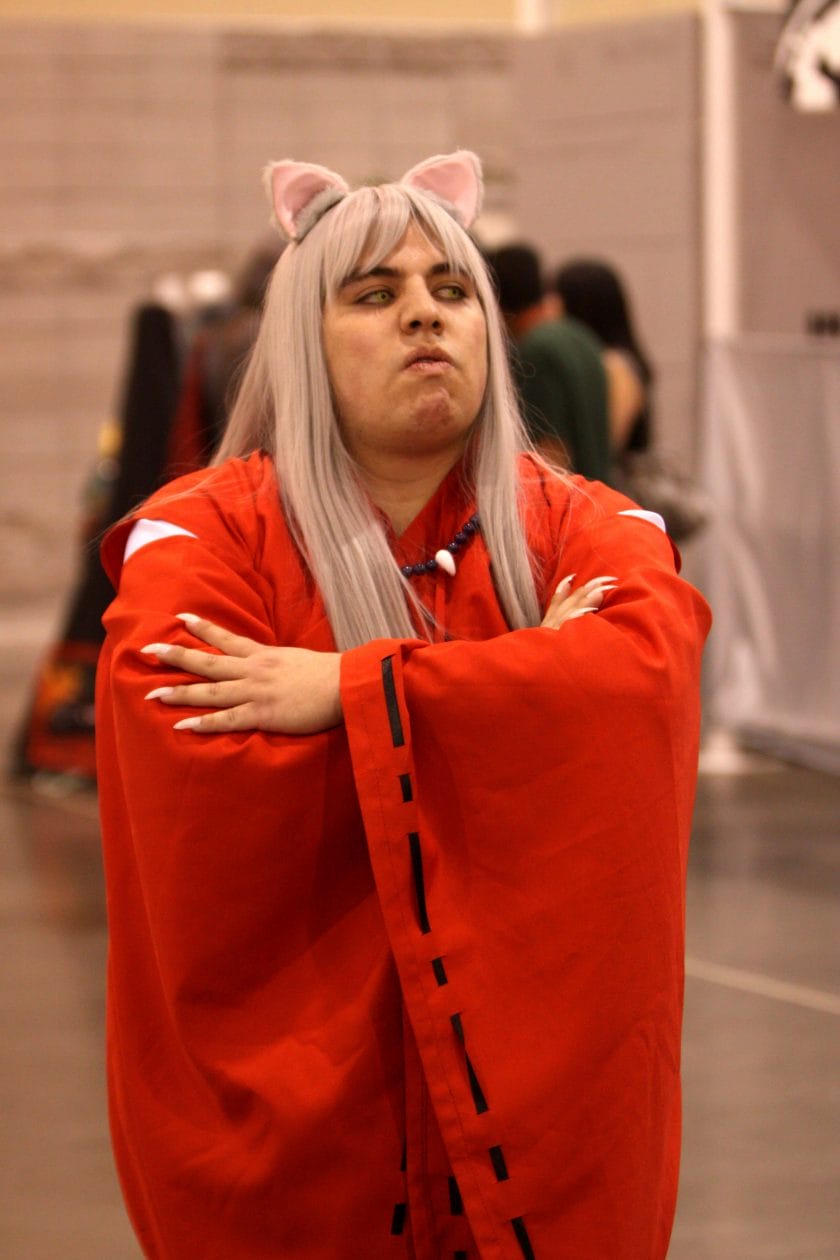
Is there a dark side to cosplay?
Nevertheless, cosplaying is not always a positive experience. There are negative aspects within this community that involve the mistreatment, exploitation, and harassment of cosplayers, particularly those involved in creating or sharing NSFW (not safe for work) content.
Is it OK for a girl to cosplay as a boy?
It is acceptable to explore and experiment with gender, and for some transgender individuals, Halloween provides a chance to express their gender identity or dress in a way that aligns with their true gender, which they may not be able to do in other situations.
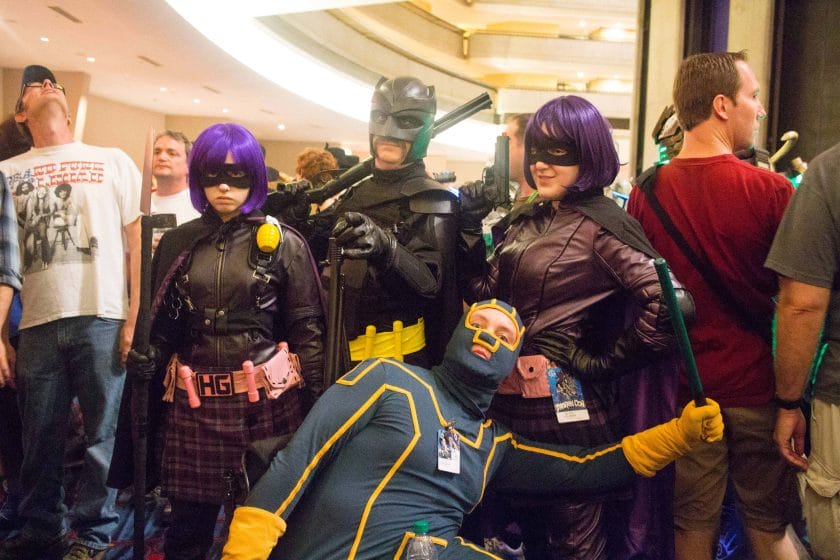
Is it okay to cosplay real people?
When is it acceptable to dress up as a real person? Generally, it is acceptable to cosplay as a real-life person if you are trying to celebrate or show respect to them. It is preferable to choose cosplays that accurately replicate the costumes or clothing worn by the person you are acknowledging.
What is the purpose of cosplay?
Cosplay is a form of performance art where participants, known as cosplayers, dress up in costumes and use fashion accessories to portray specific characters.
Is cosplay a kink thing?
Cosplay is a hobby that may seem impractical because certain costumes can be time-consuming to put on and take off, and sometimes assistance from others is needed. Engaging in cosplay in certain settings can be tiring. However, in certain communities, cosplay and costumes are considered a form of kink, and there is nothing inherently wrong with that.
Is cosplay a form of escapism?
Cosplay is a contemporary form of escapism that involves active participation and interaction between individuals portraying different characters within a shared world, each adopting their own assumed persona.






